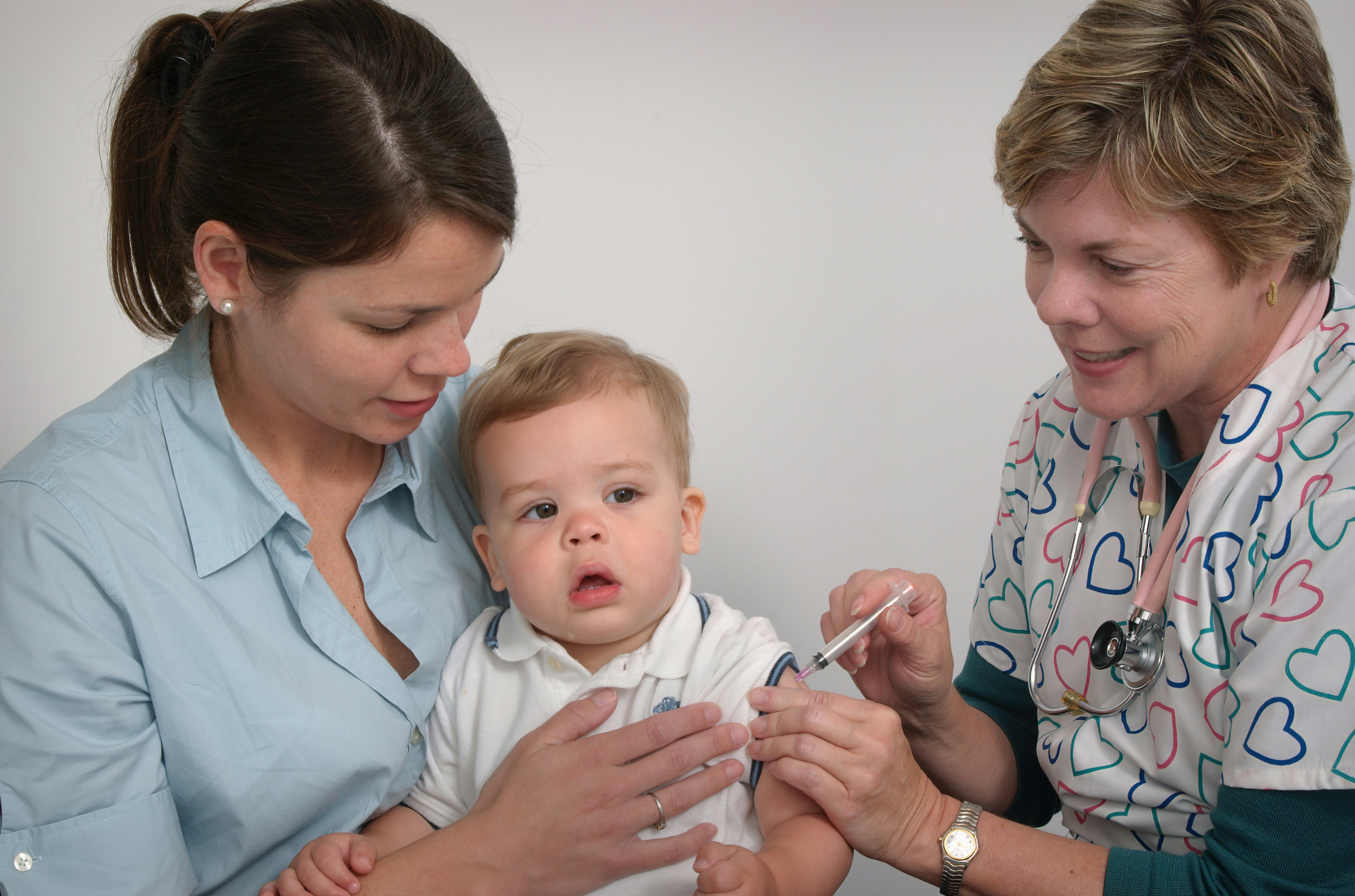Search
Research
A single blinded, phase IV, adaptive randomised control trial to evaluate the safety of coadministration of seasonal influenza and COVID-19 vaccines (The FluVID study)We evaluated the frequency of moderate and severe adverse events following coadministration of seasonal influenza vaccine (SIV) versus placebo with COVID-19 vaccines among adults to support practice guidelines.
Research
Superior immunogenicity of mRNA over adenoviral vectored COVID-19 vaccines reflects B cell dynamics independent of anti-vector immunity: Implications for future pandemic vaccinesBoth vector and mRNA vaccines were an important part of the response to the COVID-19 pandemic and may be required in future outbreaks and pandemics. The aim of this study was to validate whether immunogenicity differs for adenoviral vectored (AdV) versus mRNA vaccines against SARS-CoV-2, and to investigate how anti-vector immunity and B cell dynamics modulate immunogenicity.
Research
The full health, economic, and social benefits of prospective Strep A vaccinationRecent research has documented a wide range of health, economic, and social benefits conferred by vaccination, beyond the direct reductions in morbidity, mortality, and future healthcare costs traditionally captured in economic evaluations.
Research
"Fighting the pandemic!" Western Australian pharmacists' perspectives on COVID-19 vaccines: A qualitative studyIn Western Australia, community pharmacists are authorized to administer a range of vaccines without a prescription. Since mid-July 2021, pharmacists can also administer Coronavirus Disease 2019 (COVID-19) vaccines. Little is known about how pharmacists think and feel about giving and receiving COVID-19 vaccines and how they discuss it with patients.
Research
Association between pertussis vaccination in infancy and childhood asthma: A population-based record linkage cohort studyAsthma is among the commonest noncommunicable diseases of childhood and often occurs with other atopic comorbidities. A previous case-control study found evidence that compared to children who received acellular pertussis (aP) vaccines in early infancy, children who received one or more doses of whole-cell pertussis (wP) vaccine had lower risk of developing IgE-mediated food allergy. We hypothesized that wP vaccination in early infancy might protect against atopic asthma in childhood.
Research
Bacillus Calmette-Guérin vaccination for protection against recurrent herpes labialis: a nested randomised controlled trialRecurrences of herpes simplex virus (HSV) in the orofacial region (herpes labialis or cold sores) impact quality-of-life. We aimed to study whether the bacille Calmette-Guérin (BCG) vaccine can attenuate cold sore recurrences through off-target immunomodulatory effects.
Research
West Australian parents’ views on vaccinating their children against COVID-19: a qualitative studyAustralian children and adolescents were among the last local cohorts offered COVID-19 vaccines. Despite promising initial uptake, coverage subsequently plateaued, requiring further efforts to improve access and build parents’ recognition of the importance of COVID-19 vaccination.



News & Events
The Kids researchers help quantify global impact of life-saving vaccinesResearchers at The Kids Research Institute Australia have helped map the global impact of life saving vaccines to mark the 50-year anniversary of the Expanded Programme on Immunisation (EPI).
